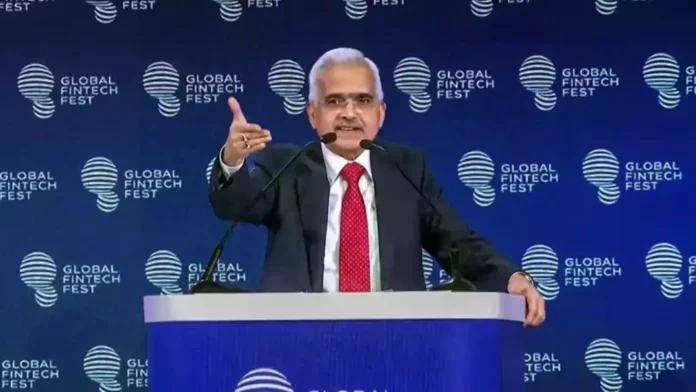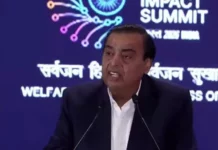MUMBAI: India’s FinTech sector has received investments of about $6 billion in the last two years alone while the number of FinTechs in the country has gone up to around 11,000, RBI Governor Shaktikanta Das said on Wednesday.
Addressing the 5th edition of the Global Fintech Fest here, Das said: “India is now a fast-growing economic powerhouse with an increasingly tech-savvy population. India’s financial sector has witnessed a remarkable transformation, driven among other factors by the FinTech sector.”
Setting the priorities for India@100, the RBI Governor said that this journey will be marked by dynamic shifts in technology, regulation, geopolitics and societal expectations. Financial institutions and FinTech startups alike must, therefore, adapt swiftly, leveraging agile strategies and robust frameworks to capitalise on the new opportunities while mitigating the connected risks.
He said to build a financial system that serves the broader society, it was essential to give priority to digital financial inclusion. While significant strides have been made in expanding financial inclusion, the evolving landscape demands a shift towards Digital Financial Inclusion (DFI) i.e. promoting secure and digitally-enabled financial services and products for the financially excluded and underserved population.
Digital Financial Inclusion has the unique advantages of scalability and cost-effectiveness. Accordingly, the next two decades will predominantly be about leveraging technology to deliver accessible and tailored financial services that meet diverse needs, he added.
Das said that the second key policy priority would be to further deepen Digital Public Infrastructure (DPI). DPI which encompasses frameworks like Digital Identity (Aadhaar), universal fast retail payments (UPI) and targeted payment solutions like platform for bill payments, will enhance the efficacy of the financial system in general. They would be key tools to promote interoperability, transparency and cost-effectiveness. New DPIs could address emerging challenges such as fraud, cyber threats, data privacy and other concerns. They could also support the integration of advanced technologies like blockchain and AI to enhance security and efficiency in financial services.
Continuous innovation is crucial in harnessing technological advancements and maintaining a competitive edge in the global financial landscape, he stressed. “One significant initiative in this direction is the Reserve Bank’s pilot on Unified Lending Interface (ULI),” the RBI Governor added.
He also underscored the need to ensure robust consumer protection which is crucial for upholding trust in the financial system.
“As consumers are increasingly relying on digital financial services, their expectations for personalised, efficient and seamless experience are also growing. Alongside traditional risks such as mis-selling and fraud, new manifestations of consumer risks such as data privacy and security breaches have emerged with the advent of new technologies. Leveraging technology for real-time monitoring and ensuring regulatory compliance will be essential to address these challenges effectively,” Das pointed out.
Also Read: PM Modi congratulates RBI Governor Das on A+ rating in Global Finance Report







